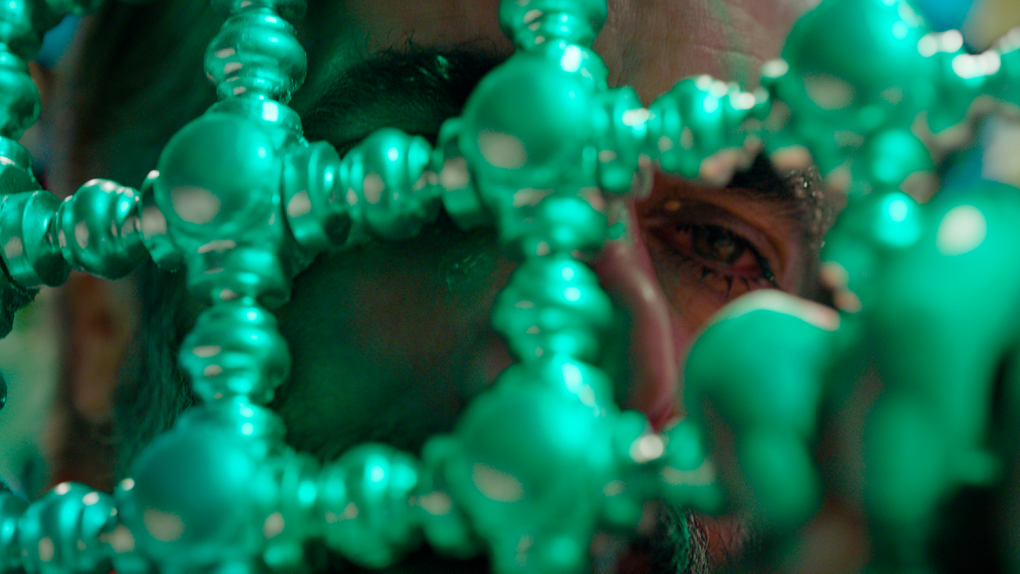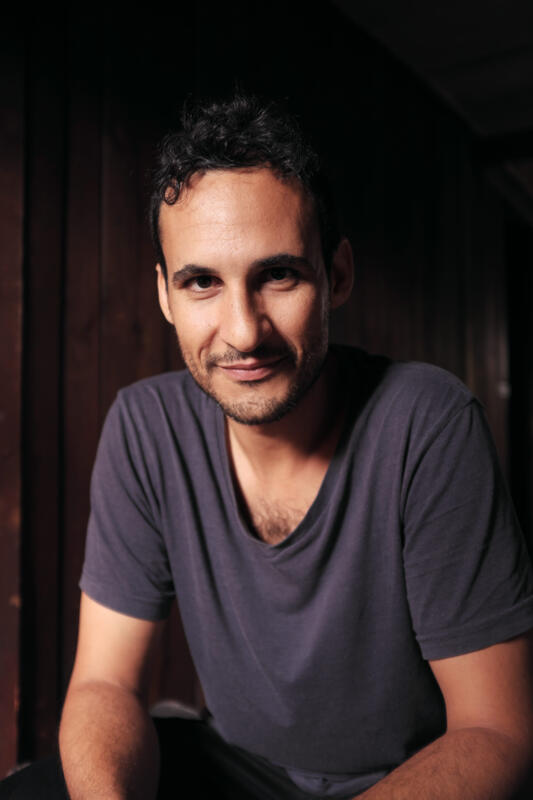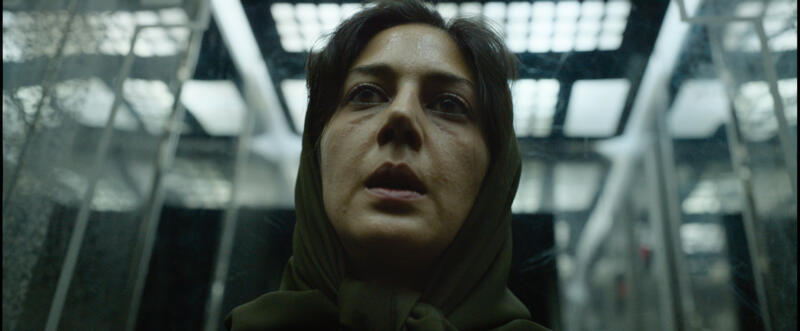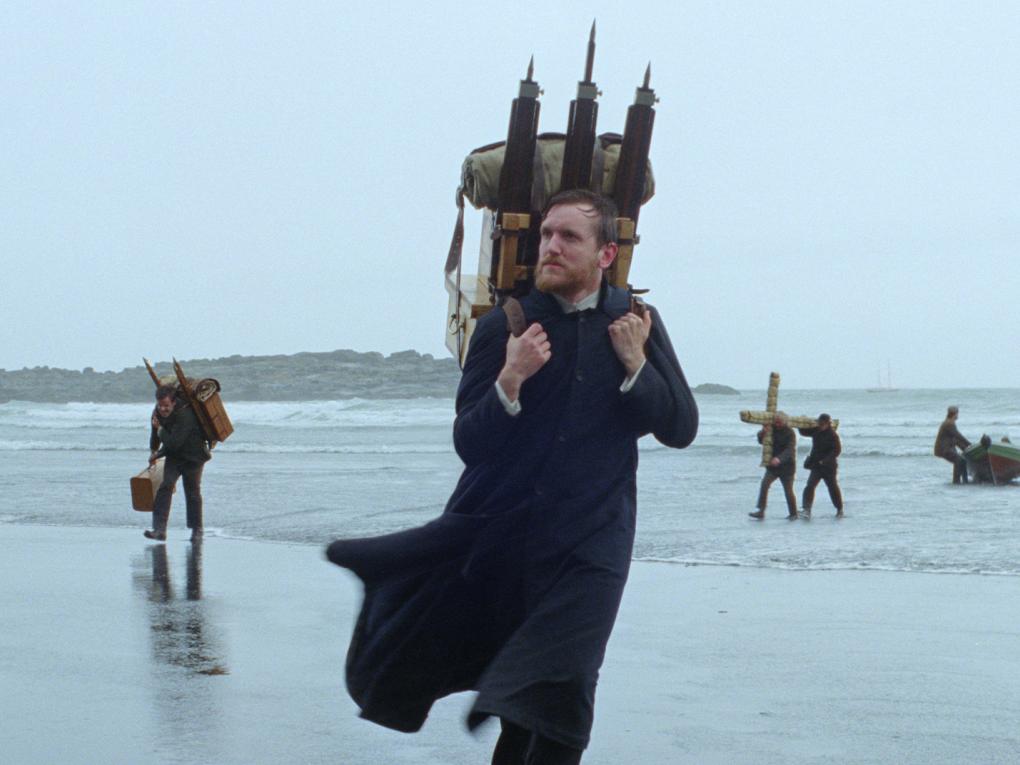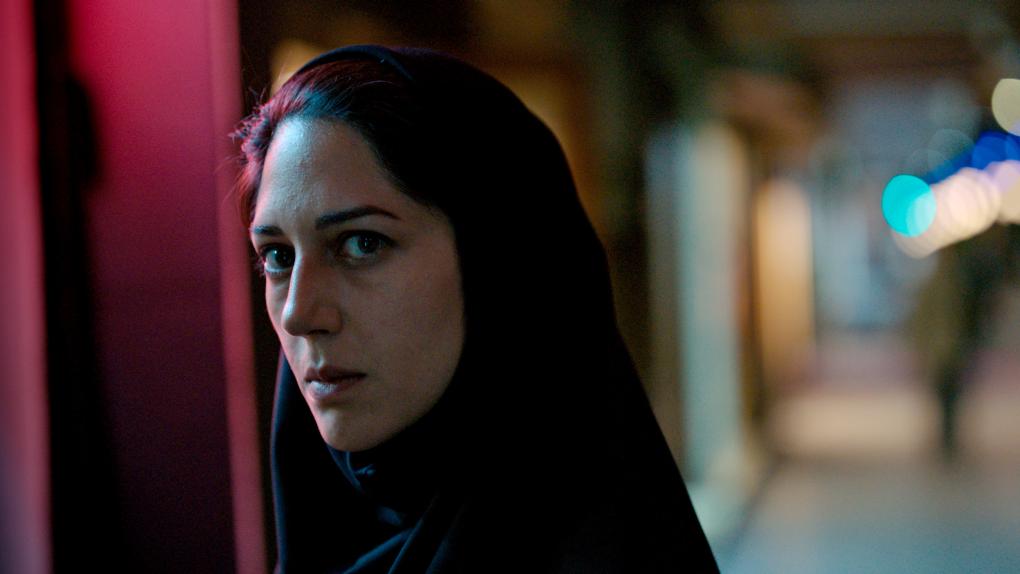
In 2018, when Ali Abbasi’s Swedish-Danish supernatural love story 'Border' was running in the Un Certain Regard sidebar at Cannes, his expectations were not high.
"The first thing our sales agent told us was that fantasy films don’t do well at a festival like Cannes, which is a serious place," the Iranian-born Danish director says. However, his film took home the main award and went on to win raves and awards at festivals around the world.
Now, Abbasi is back at Cannes with his third feature, the dark thriller 'Holy Spider', this time in the main competition. But despite his success with 'Border', he still questions his position in the film industry.
"I’m too artsy to be a mainstream filmmaker and my taste is too bad to direct high-tension dramas with famous faces about important subjects like infidelity.
"It’s hard for me to say whether 'Holy Spider' will be seen as bad taste, a Persian noir trying to be commercial without actually being so, or as a drama on an important subject. My films tend to fall outside the lines, so it’s great that they will be in such good company at Cannes. But I also think it’s time for the film industry to expand its horizons and not put films into such narrow boxes."

Portrait of a society and its view of women
'Holy Spider' mixes an investigative journalism movie and film noir with a psychological portrait of a serial killer and social criticism of religious fanaticism and misogyny.
Set in Iran, the film is based on the true story of a serial killer, who in 2000-2001 "cleaned" the streets of female sex workers. At the centre of the story is a female journalist who descends into the dark underworld of Mashhad, Iran’s holiest city, to investigate the murders.
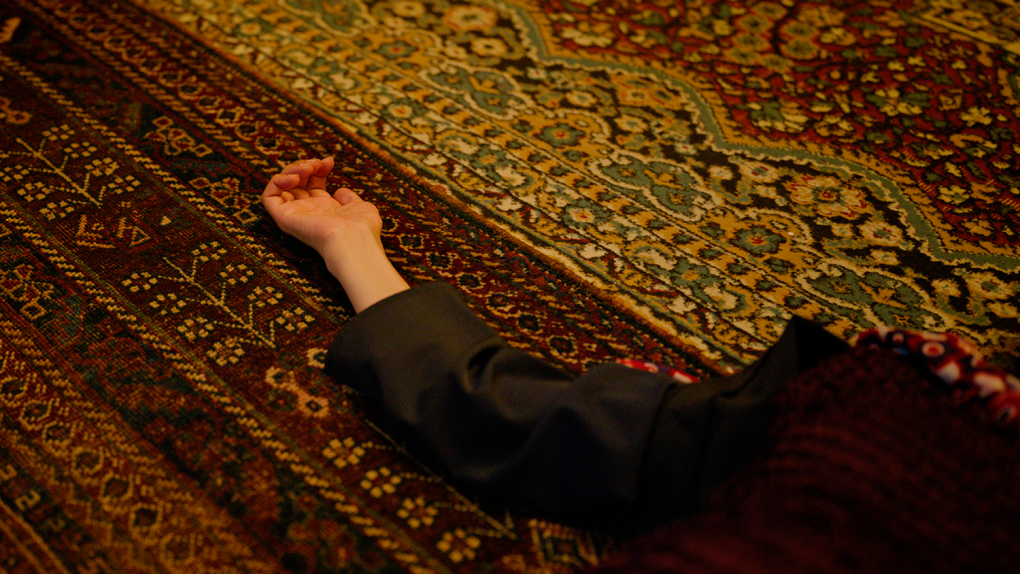
"The story was interesting to me because there was a segment of the population that believed that the murderer had done his duty by killing women sex workers. He achieved a kind of hero status. It was hard for me to understand, because, in my view, it couldn’t be more clear that his acts were wrong," Abbasi says.
"But when I dived into the story, I realised that it wasn’t that simple. He wasn’t just a monster but a product of a system marked by war and religiosity. In interviews, he seems naive and simpleminded. There’s no doubt in his mind that he did the right thing."
Abbasi turned to studying the society that created the serial killer. Exhibit A is his female protagonist, based on a real-life journalist who faces a wall of discrimination in her job.
"The murders are a pure form of misogyny. To explore the theme, I wanted to focus on a woman who is exposed to the same misogyny in society," he says.
But Abbasi does not consider 'Holy Spider' to be a feminist or political film.
"I don’t think you have to be a feminist to see how absurd the oppression of women in Iran is. I wanted to paint a realistic picture of what it’s like to be a woman there – a person with hair and a body, who sleeps and smokes and does whatever people do. I miss that in Iranian films."
That all the director’s films feature women as protagonists mainly comes down to his sense of self-consciousness.
"I don’t have a political agenda to make films about women. It’s more about my need to place a layer between myself and the character. I use myself to create my protagonists, and I’m more comfortable representing myself in a different body, so it doesn’t get too navel-gazing."
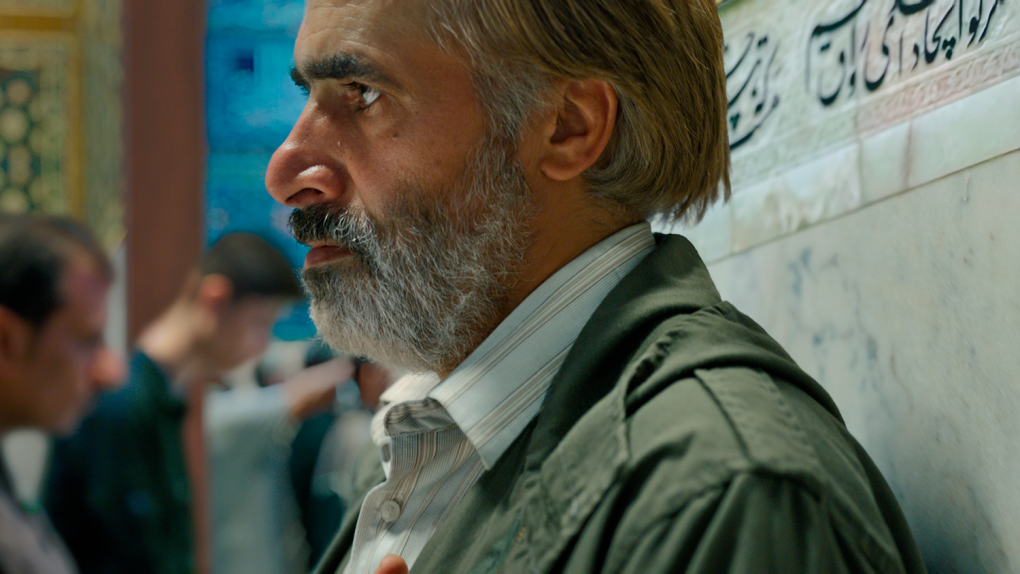
Cultural hybrid
Ali Abbasi, 41, was born and raised in Iran’s capital, Tehran. At age 20, he left for Stockholm to study architecture. Five years later, in 2007, he moved on to Copenhagen, where he still lives with his family, to attend the National Film School, graduating in 2011.
He made his first feature in 2016 with support from the Danish Film Institute’s New Danish Screen talent development scheme. Premiering in the Berlinale’s Panorama sidebar, 'Shelley' is a psychological thriller about a Danish woman who pays her Romanian maid to be her surrogate mother. 'Border', about a Swedish customs officer with a sixth sense, followed in 2018.
Both films mix psychological realism with supernatural thrills, and both are rooted in Scandinavian folklore. So, what compels the director to make a realistic serial killer movie set in Iran?
"I have both sides in me, the Scandinavian and the Iranian. Culturally, I feel like a hybrid, neither one nor the other. I don’t feel like I’m returning to my roots. I’m simply telling a story that’s important to me."
"Even though the film is in Farsi, it has a big Danish imprint since all major functions are filled by Danes – from director of photography Nadim Carlsen and editor Olivia Neergaard-Holm to producer Jacob Jarek and composer Martin Juel Dirkov, who, in my world, has written one of the best contemporary Iranian scores I have ever heard," Abbasi says.
"I like to explore my outer limits rather than mining the same territory and getting better and better at one thing. No one asks Lars von Trier why he wants to do an English-language film with American actors in Sweden, since the likely answer is: Because he wants to. That’s my answer, too: Because I want to. And because I have the opportunity to do so.”
